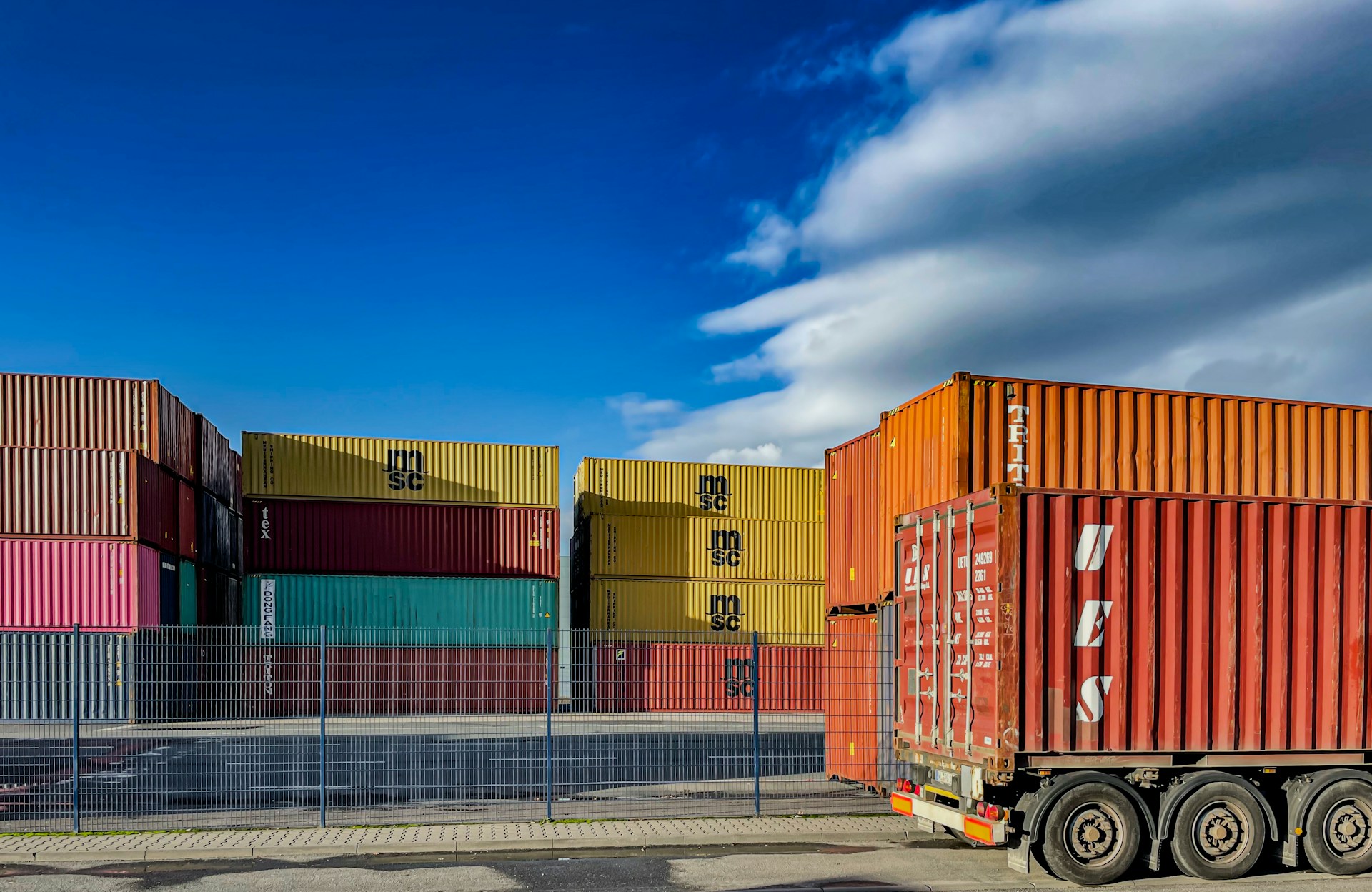In the complex world of international trade, large import companies often have sophisticated systems in place to manage their operations. However, even the most established businesses must remain vigilant about Importer Security Filing (ISF) requirements. The ISF filing is a critical component of U.S. Customs and Border Protection (CBP) procedures, and failure to comply can have significant consequences.
Understanding ISF Filing
The ISF filing, also known as the “10+2” rule, is a U.S. regulation that requires importers to submit certain data elements to CBP before goods are loaded onto a vessel destined for the United States. The “10” refers to the 10 data elements that importers must provide, including information on the shipper, consignee, and cargo description. The “2” refers to additional data provided by the carrier.
This filing must be completed at least 24 hours before the goods are loaded onto the vessel, making it a time-sensitive requirement. While smaller companies might find this process daunting, large import companies may assume their established procedures are sufficient. However, even these companies need to be diligent in their ISF filing.
The Risks of Non-Compliance
One of the primary reasons large import companies need to remain diligent about ISF filing is the risk of non-compliance. Failure to file an ISF on time, or submitting incorrect information, can lead to significant penalties. These penalties can include fines up to $5,000 per violation, which can quickly add up for companies dealing with large volumes of imports.
Beyond financial penalties, non-compliance can also lead to cargo holds, inspections, and delays. For large import companies, these disruptions can cause a ripple effect throughout the supply chain, leading to missed deadlines, unhappy customers, and potential loss of business.
Ensuring Accuracy and Timeliness
Large import companies often have complex supply chains involving multiple parties, including suppliers, freight forwarders, and customs brokers. With so many stakeholders involved, there is an increased risk of errors or delays in the ISF filing process. To mitigate these risks, it is essential for large importers to establish clear communication channels and ensure that all parties understand the importance of timely and accurate ISF filings.
Additionally, large companies should invest in robust systems and technology to manage their ISF filings. Automated solutions can help streamline the process, reduce the risk of human error, and ensure that all required data is submitted on time.
The Importance of Continuous Monitoring
Even with the best systems and procedures in place, large import companies must continuously monitor their ISF filings to ensure compliance. This includes regularly reviewing filing processes, staying up-to-date with any changes in regulations, and conducting audits to identify and address any potential issues.
Continuous monitoring also means being proactive in addressing any discrepancies or errors that may arise. For example, if a shipment’s details change after the ISF filing has been submitted, it is crucial to promptly update the filing to reflect the correct information.
Conclusion
For large import companies, ISF filing is not just a regulatory requirement; it is a critical component of their overall import strategy. In an increasingly complex and competitive global market, the importance of accurate and timely ISF filings cannot be overstated.






